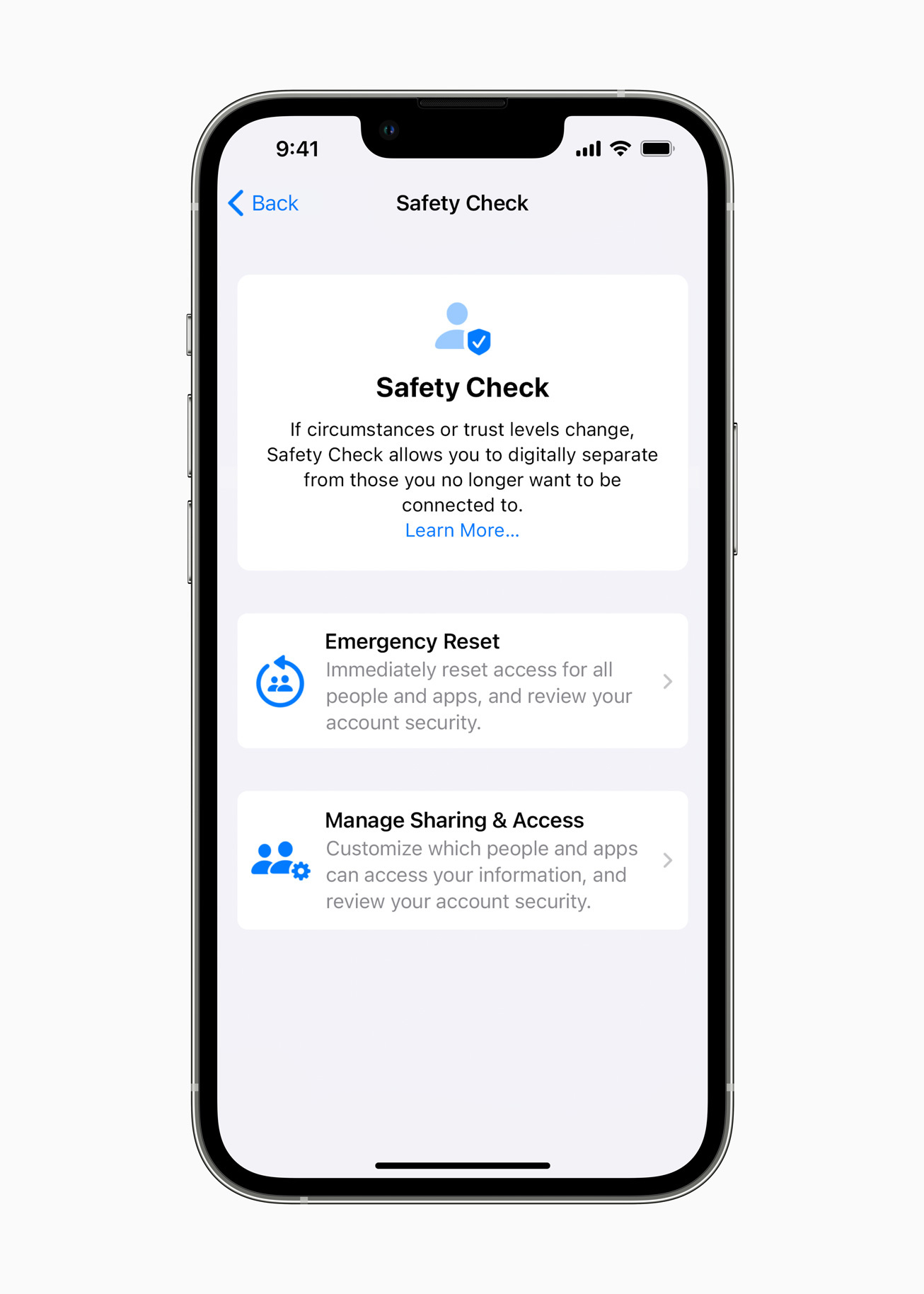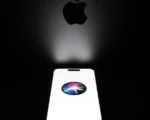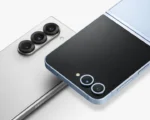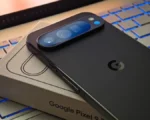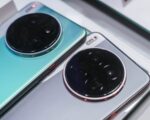Apple’s upcoming security enhancement aims to fortify your iPhone against potential theft attempts. Termed “Stolen Device Protection,” this feature mandates Face ID or Touch ID authentication. However, for heightened safeguarding of your most sensitive iCloud settings, it goes a step further, prompting a secondary face scan or fingerprint input an hour later. This double authentication layer ensures an added level of security, shielding your device and critical data from unauthorized access.
It’s an optional feature that Apple nonetheless recommends everyone turn on when it arrives in the next full version of the iPhone’s operating system. It’s available now in the just-released developer beta of iOS 17.3, and it’s the latest feature Apple has added to help iPhone users protect their data and devices.
The feature uses a new mechanism called a Security Delay to make it harder for thieves and opportunists to access your most sensitive settings on iPhones, yet it’s designed not to obstruct everyday use — a tricky tightrope to walk. Once turned on, the feature requires users to enter their biometric info (facial scan or fingerprint) once and then again after an hour — and no, you can’t bypass it using a passcode.
Only a handful of settings will be locked under Stolen Device Protection, including changing your Apple ID password, updating your Apple ID account security settings (like adding or changing recovery contacts), changing your iPhone passcode, turning off Find My, adding or removing Face ID or Touch ID and turning off Stolen Device Protection itself.
Notably, the Security Delay feature won’t trigger if you’re in familiar surroundings such as your home, workplace, or any other location where you frequently unlock your phone. While Apple hasn’t explicitly defined what constitutes a trusted location, it won’t solely rely on places where you’ve logged into Wi-Fi, encompassing areas like bars or coffee shops, which might typically trigger situations the Stolen Device Protection aims to counteract.
The introduction of a secondary delayed biometric scan presents a significant hurdle for thieves or assailants seeking to rapidly alter device ownership by demanding an initial passcode and face scan. Implementing additional security measures without exacerbating a potentially risky situation posed a challenge. However, an Apple representative mentioned the extensive analysis of commonly reported scenarios to devise an effective solution.
Stolen Device Protection is currently available in the iOS 17.3 developer beta and is slated for inclusion in an upcoming public iOS 17 update, highlighting Apple’s commitment to enhancing user security.


